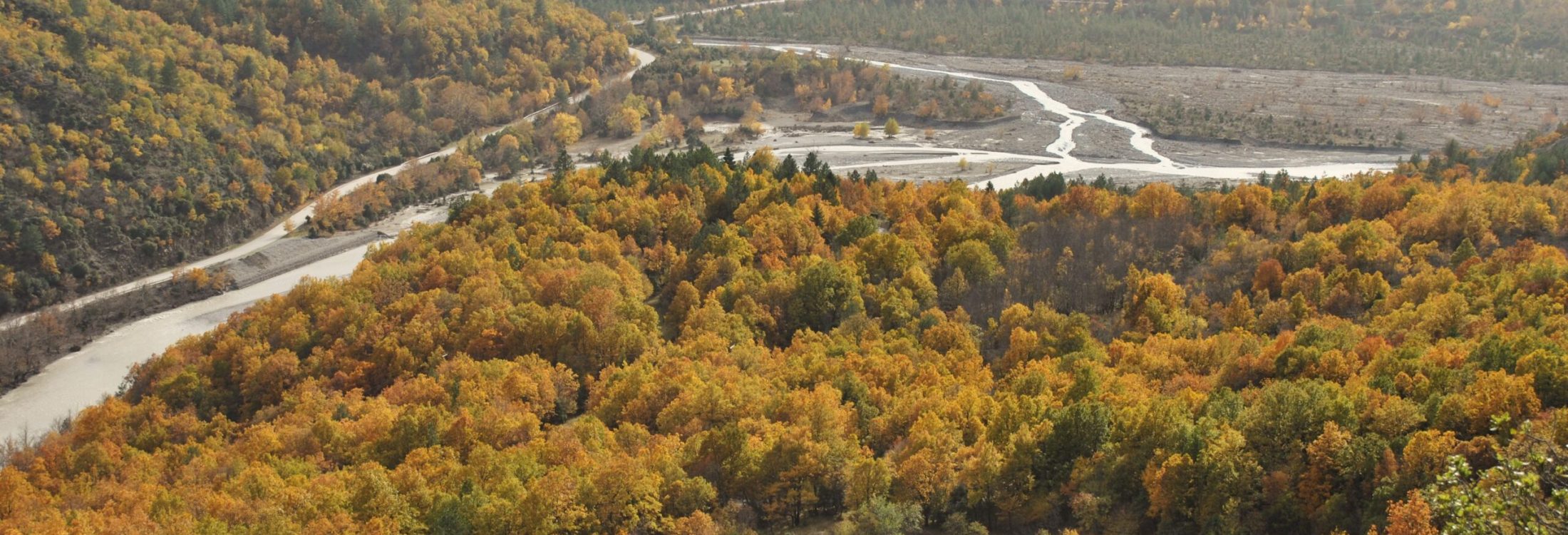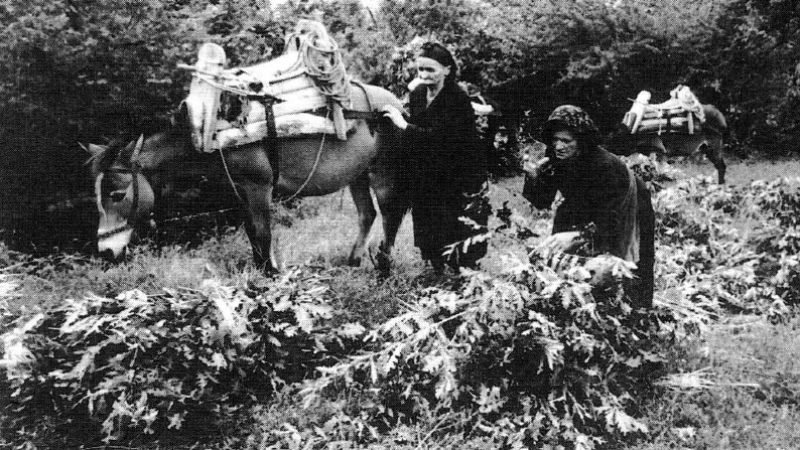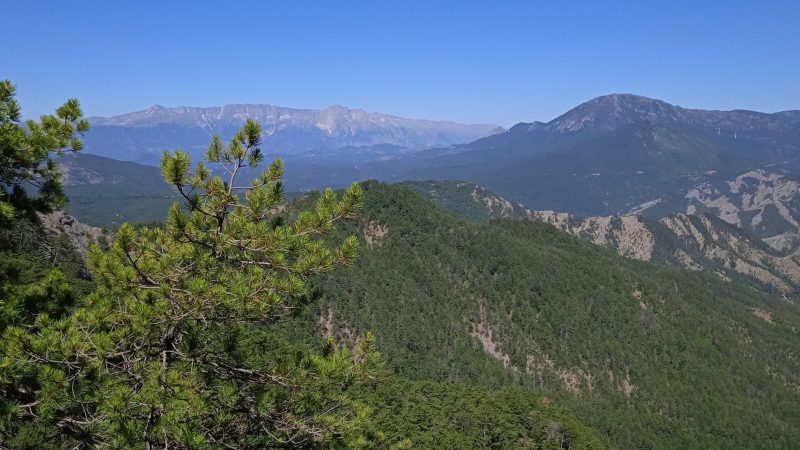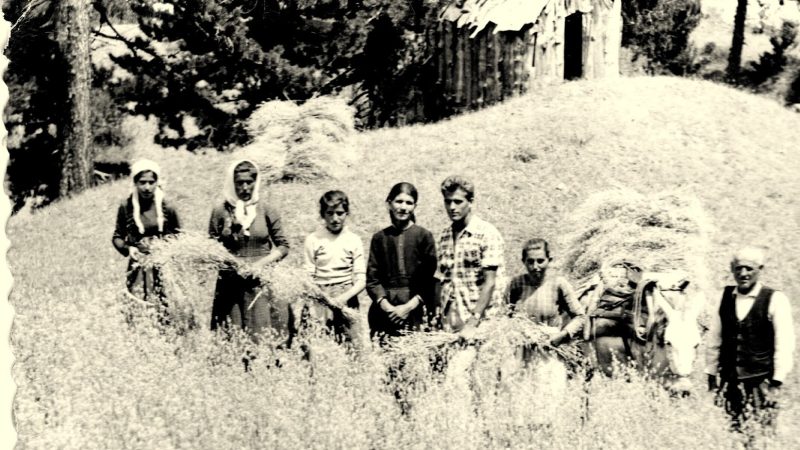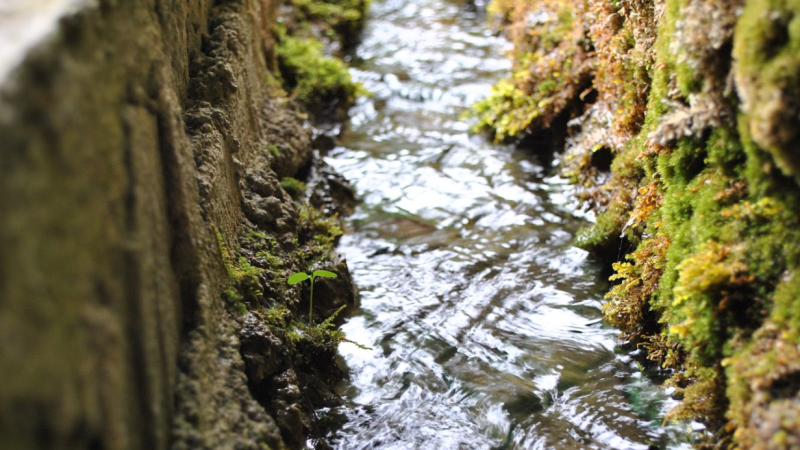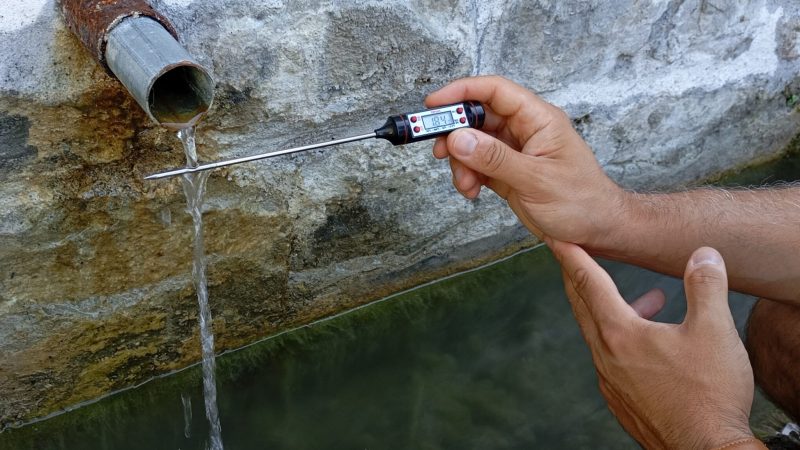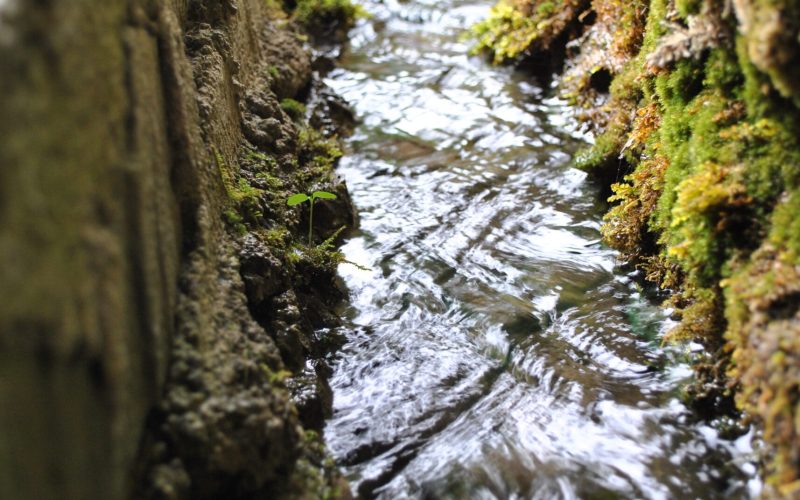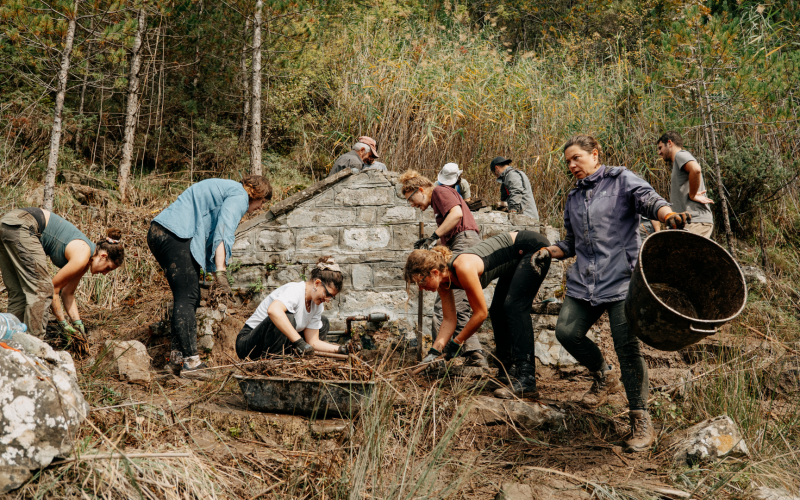The project “Connectivity Conservation Initiative for Fresh Drinking Water” is an interdisciplinary collaboration of the Boulouki aiming to enhance the ecological connectivity of protected areas and roadless areas in the Northern Pindus region of Mastorochoria (Molista, Monastiri, Ganadio, Pournia, Kerasovo, Pyrgos, Kastaniani, Pyrsogianni, Vourbiani).
The first phase of the project concerns the study of the ecological corridors of the brown bear and the grey wolf, using data from field surveys (biosigns) and habitat suitability models for each species. This phase also involves recording abiotic factors influenced by the climate crisis, such as temperature, soil, and water supply, factors that determine the quality of wildlife habitats. Temperature is recorded through sensors in order to document data related to climate change, and factors related to soil and water availability are investigated through hydrogeological data collected for the study area.
An important element of the project is the active participation of the local communities of the study area, contributing to recording traditional knowledge regarding the management of natural resources. In this context, the traditional ecological knowledge is recorded by using documentation techniques such as the walk interview, while in parallel taking photos of all natural and cultural elements and conducting an architectural documentation of traditional water management infrastructures. The knowledge collected relates to the mixed agricultural and livestock economy and self-sufficiency, the organisation of land use around the settlements, the cultural landscape created by the processes of appropriation of nature, the ways of quarrying and processing stone, logging, water management, collective work for the common benefit, and the particular architectural physiognomy of the settlements.
The core of the project involves the restoration of two traditional fresh water supply infrastructures (fountains) in the countryside of the settlements of Kerasovo and Monastiri, respectively. The restoration is carried out through participatory processes by designing two five-day experiential workshops, utilizing traditional knowledge and modern sustainable practices, and emphasizing local materials usage and traditional building techniques with stone and mortar. During the restoration of each fountain, the provision of drinking water to wildlife through a small-scale water harvesting system takes place by intervening in each existing tap.
The project is funded by the Prespa Ohrid Nature Trust (75% of total budget), which provides financial support to projects aimed at enhancing conservation actions on the ground, bringing science and citizens closer, and promoting collaboration with stakeholders and environmental actors to reach the optimal impact on biodiversity conservation and ecosystem services in Albania, North Macedonia, and Greece.
